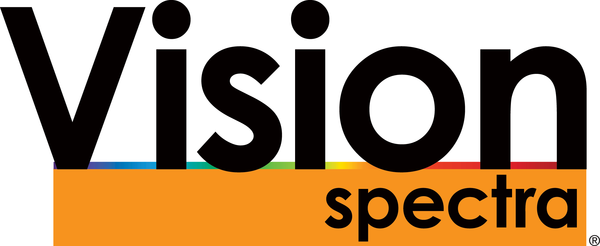Collaboration to Develop QCL Threat-Detection Systems with €3.35M EC Grant
A group of European companies and researchers, including laser experts and law enforcement agencies, will collaborate on a €3.35 million European Commission-funded project to develop photonic systems to detect explosives and hazardous materials.Short for compact high-performance quantum cascade laser sensors, CHEQUERS is a project aimed at developing two QCL platforms, including a tripod-mounted imaging platform for detection from a distance and a handheld system for closer-proximity scenarios.
Project partners include M Squared Lasers Ltd. of Glasgow, Fraunhofer IAF (Institute for Applied Solid State Physics) and Fraunhofer IMPS (Institute for Photonics Microsystems) of Germany, Fraunhofer U.K. Research Ltd., Vigo System SA of Poland, Bundeskriminalamt (the German Federal Criminal Police Office), and Kite Innovation (Europe) Ltd. of Huddersfield, England.
They will help develop state-of-the-art subsystems for both sensor systems, including laser sources, microelectromechanical systems (MEMS) components, detectors and data processing. The final systems will be highly integrated to facilitate end-user validation within the project, according to M Squared.
In addition to counterterrorism applications, the systems are expected to be of use to health and safety professionals for improving industrial safety on oil rigs and in chemical plants.
"The ability for us to detect explosives and chemical warfare agents for the security sector and even potentially catastrophic leaks in the oil and gas industry could save many lives in the future," said Nils Hempler, head of the Innovation Business Unit at M Squared. "We're really excited about this project and are looking forward to seeing it out in the real world. We aim to make this technology widely accessible to a range of emerging markets."
The CHEQUERS project starts this month and is expected to take a total of 42 months. It is funded by the European Commission's Horizon 2020 Information and Communications Technologies program, whose objective is to sustain Europe's industrial competitiveness and leadership in photonic market sectors and to exploit new and emerging market opportunities.
LATEST NEWS
- Lightsynq Emerges from Stealth with $18M Series A Nov 21, 2024
- REMBRANDT Project Collaborators to Advance Microwave Photonics Nov 21, 2024
- Quasicrystals Create Light Vortices to Transmit More Data with Fiber Optics Nov 21, 2024
- Study Finds Laser Light Can Cast a Shadow Nov 20, 2024
- Lumicell Adds CEO: People in the News: 11/20/24 Nov 20, 2024
- AeroVironment to Acquire BlueHalo in $4.1B Transaction Nov 20, 2024
- Photonic Time Crystals Amplify Light Exponentially for Lasing and Sensing Nov 19, 2024
- Exosens to Acquire Noxant Nov 19, 2024
